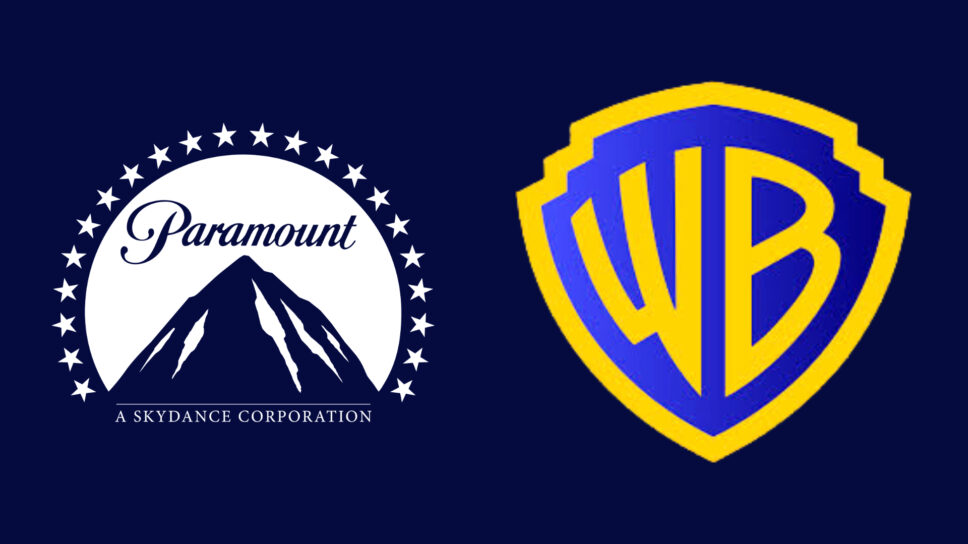MAFS UK star Laura Vaughan reveals she has been suffering from crippling eating disorder as she says she began ‘shrinking physically and mentally’

The 35-year-old reality star, who became well-known after marrying tennis coach Arthur Poremba on a 2023 TV show, recently discussed her struggles with an eating disorder in a new interview.








